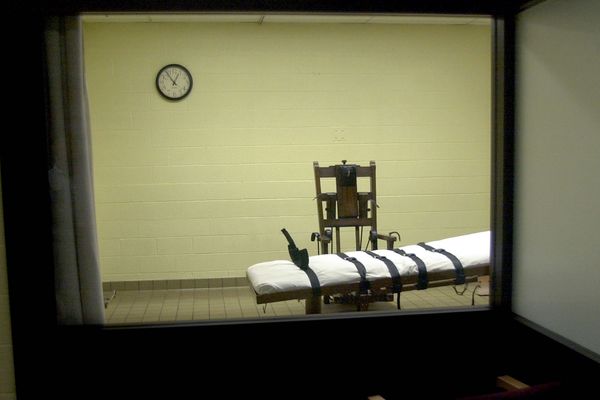U.S. stocks turned sharply lower Friday, the dollar strengthened against its global peers and Treasury bond yields slipped, as investors picked through a 'Goldilocks' August jobs report that showed solid hiring gains and easing wage pressures.
The Bureau of Labor Statistics said 315,000 new jobs were created in August, with headline unemployment rate ticking modestly higher from its post-pandemic low to 3.7%. Average hourly earnings rose 5.2% from last year, and 0.3% on the month, each of which came in shy of the Street's forecasts.
The report came just as the dollar touched a fresh 20-year high against a basket of six global currencies this week, and benchmark 2-year Treasury note yields rose past 3.5% for the first time since 2007, investors appear to be heeding the Fed's warnings on inflation, as well as its commitment to lift its benchmark Fed Funds rate close to, or possibly above, 4% by the end of the year.
Easing wage pressures are welcome, but they may not last: the Labor Department's July JOLTs update which showed a big jump in overall vacancies, which were pegged at 11.239 million, adding to concerns that faster-than-expected wage increases will be needed to tempt Americans back into employment.
In the wake of the August report, however, the CME Group's FedWatch pegs the chances of a 75% basis point rate hike on September 21, the third in a row, at around 62%, down from 75% prior to the release.
Benchmark 10-year note yields fell 7 basis points, to 3.19%, while 2-year notes retreated 8 basis point to 3.414%.
That said, interest rate moves have taken the steam out of a summertime rally for stocks, which began in early June amid bets that the Fed would possibly pause its rate-hike path in the face of slowing domestic growth and data showing easing inflation pressures.
Since then, however, the job market has continued to improve and the Atlanta Fed's GDPNow forecasting tool indicates third quarter growth is advancing at a 2.6% clip.
Still, investors are pulling cash out of stocks, with $9.4 billion in outflows this week, according to Bank of America data, the fourth largest exit of the year.
That put a great deal of emphasis on today's August payroll report, particularly with respect to wages, as investors seek to define the Fed's ambitions between now and the end of the year.
On Wall Street, the S&P 500 fell 1.1% while the Dow Jones Industrial Average fell 338 points.. The tech-focused Nasdaq lost 1.3%.
Stocks on the move include Lululemon Athletica (LULU), which surged 6.7% after the casual and sports apparel group posted stronger-than-expected second quarter earnings and boosted its full-year profit forecast.
Broadcom (AVGO) ended up 1.7%, after after the chipmaker's stronger-than-expected third quarter earnings and robust near-term outlook.
Starbucks (SBUX), meanwhile, fell 2.9% after it named Laxman Narasimhan, the former head of brands giant Reckitt, as CEO of the world's biggest coffee chain.
In overseas markets, new China lockdowns -- including in the tech hub of Shenzen -- and threats of foreign exchange intervention from Japan as the yen slumps to a 24-year low against the dollar pinned down gains for stocks in the region, with the MSCI ex-Japan benchmark falling 0.56% into the close of trading.
In Europe, stocks were 1.15% higher in Frankfurt trading following the U.S. jobs report, paced by gains in the banking sector amid reports that Credit Suisse is planning to cut around 5,000 jobs from its global headcount and the Fed ending its decade-long oversight of HSBC following its record $1.92 billion money laundering fine from 2012.







